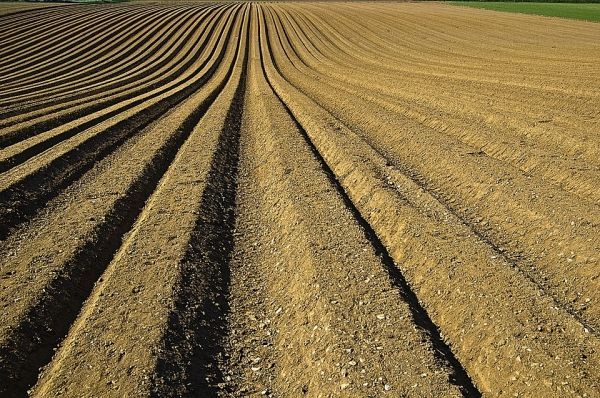Kyle Davis is an environmental data scientist whose research seeks to increase food supplies in developing countries. He combines techniques from environmental science and data science to understand patterns in the global food system and develop strategies that make food-supply chains more nutritious and sustainable.
Since joining the Data Science Institute as a postdoctoral fellow in September 2018, Davis has co-authored four papers, all of which detail how developing countries can sustainably improve their crop production. For his latest study, he focuses on India, home to 1.3 billion people, where he led a team that studied the effects of climate on five major crops: finger millet, maize, pearl millet, sorghum and rice. These crops make up the vast majority of grain production during the June-to-September monsoon season – India’s main growing period – with rice contributing three-quarters of the grain supply for the season. Taken together, the five grains are essential for meeting India’s nutritional needs.
And in a paper published today in Environmental Research Letters, Davis found that the yields from grains such as millet, sorghum, and maize are more resilient to extreme weather; their yields vary significantly less due to year-to-year changes in climate and generally experience smaller declines during droughts. But yields from rice, India’s main crop, experience larger declines during extreme weather conditions. “By relying more and more on a single crop – rice – India’s food supply is potentially vulnerable to the effects of varying climate,” said Davis, the lead author on the paper, Sensitivity of Grain Yields to Historical Climate Sensitivity in India, which has four co-authors, all of whom collaborated on the research.
Read more at: Columbia University
Photo credit: Free-Photos via Pixabay


